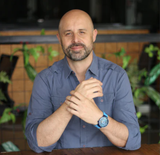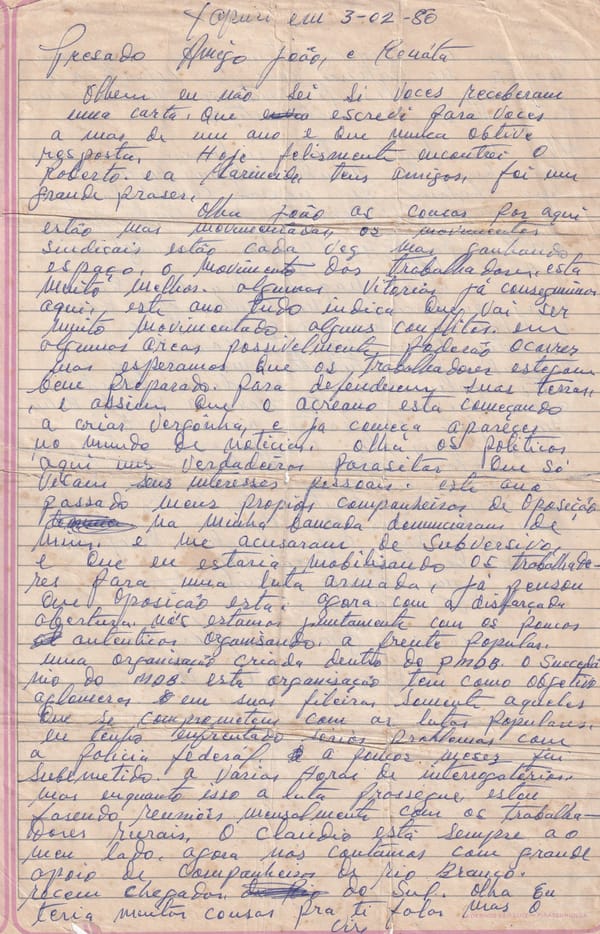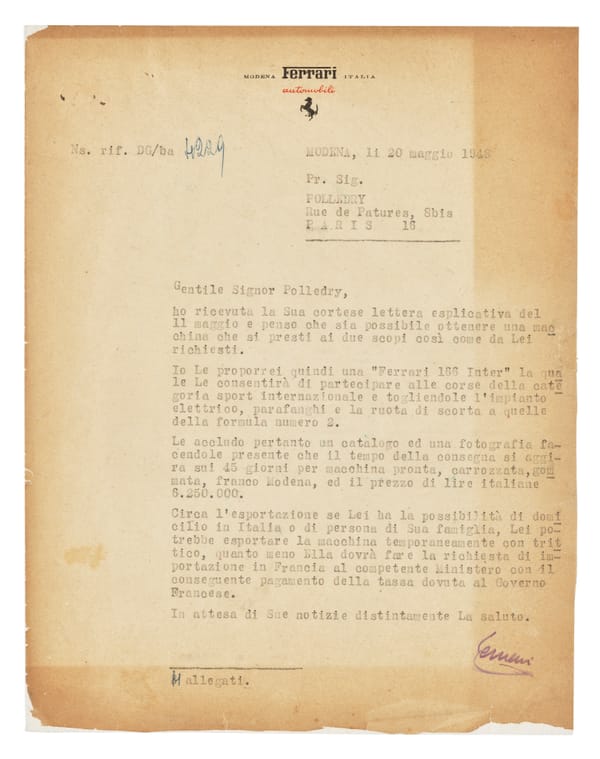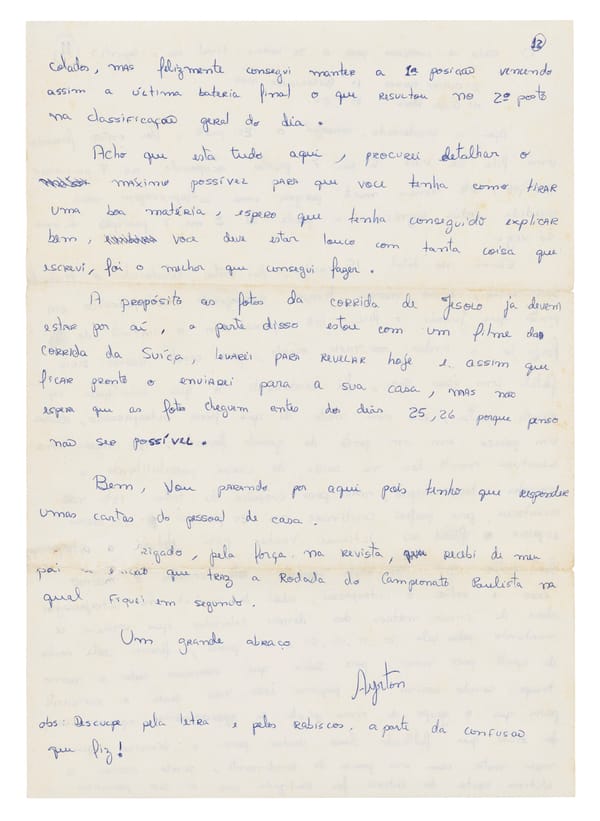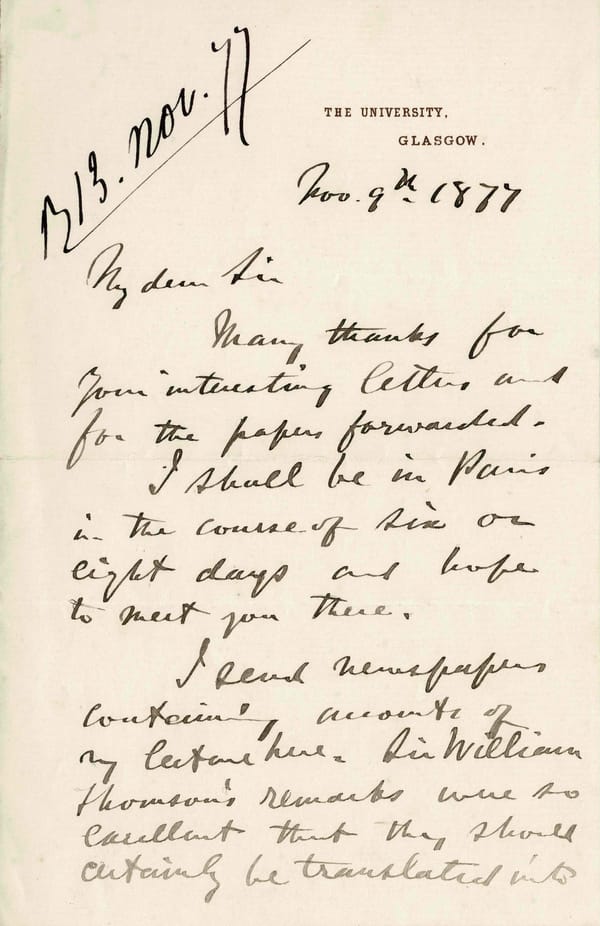The only man convicted in the Panama Canal scandal shares his thoughts on prison and justice
A rare 1893 prison letter by Charles Baïhaut, the only French official to confess in the Panama Canal corruption scandal. He defends his actions, denounces selective justice, and offers a unique firsthand view of one of France’s earliest political-financial crises.

In late 19th-century France, few ventures inspired more hope - or ended in greater disgrace - than the effort to build a canal through Panama. Backed by Ferdinand de Lesseps, the celebrated engineer of the Suez Canal, the project was launched in 1881 with immense public support. The Suez Canal, completed in 1869, had already revolutionized global trade by linking the Mediterranean to the Red Sea and drastically shortening the route to Asia. Replicating that feat in Panama - this time connecting the Atlantic and Pacific - was seen as France’s next great civilizational triumph. But tropical diseases, engineering obstacles, and spiraling costs soon brought the dream to a halt. To conceal the crisis, Lesseps’s company bribed journalists and politicians. When it collapsed in 1889, 85,000 investors were ruined. By 1892, a press exposé blew the scandal wide open. Dozens of public figures were implicated. Only one, Charles Baïhaut, admitted guilt.
From his prison cell in France, Baïhaut wrote a long and striking letter. He did not deny his actions, but insisted they must be understood in context:
I had, I admit, in 1886, an hour of failure, when I broke the law (...) I deceived no one... I entered into, without bias and without hypocrisy, a free contract: an illegal contract, but not a shameful bargain.
For him, the crime lay not in deception, but in accepting a system where illegal means served what he believed was a public good.
What moves me most, as a reader of historical documents, is not just Baïhaut’s admission, but his deep sense of injustice. He laments:
I endured every outrage and every torment, I suffered and I wept.
And then he questions a society that punishes selectively:
When it strikes one without reaching all the guilty... the so-called application of the law is nothing but a parody of absolute justice.
His words still resonate today, as the Panama Canal again draws global attention under Trump’s second term, proof of its lasting strategic value.
Are you a publisher, a museum, a dealer, an auction house, or a private collector with a document you believe to be important? Write to us and send it in — we’ll analyze it and get back to you promptly: info@historyonpapers.com
